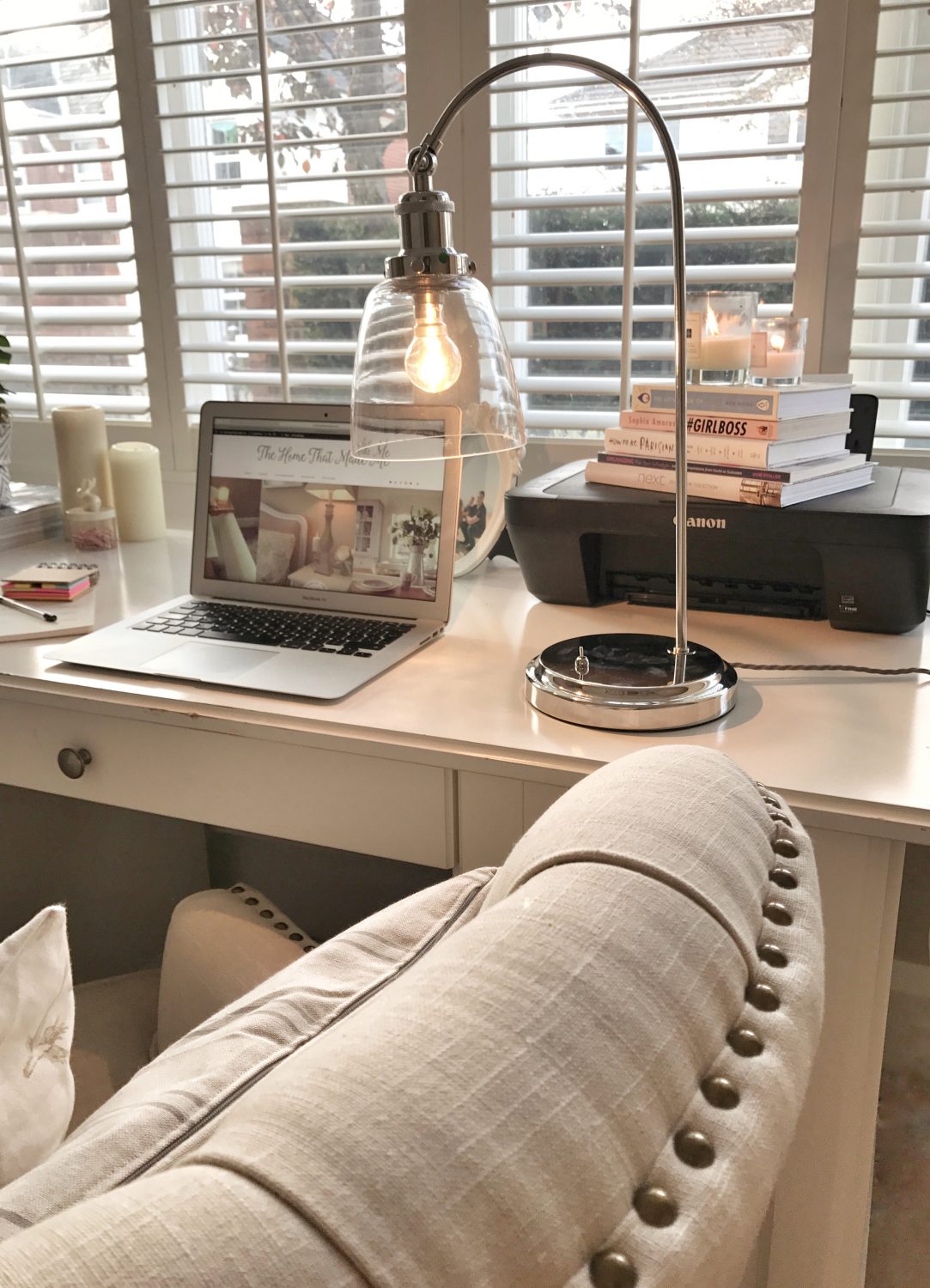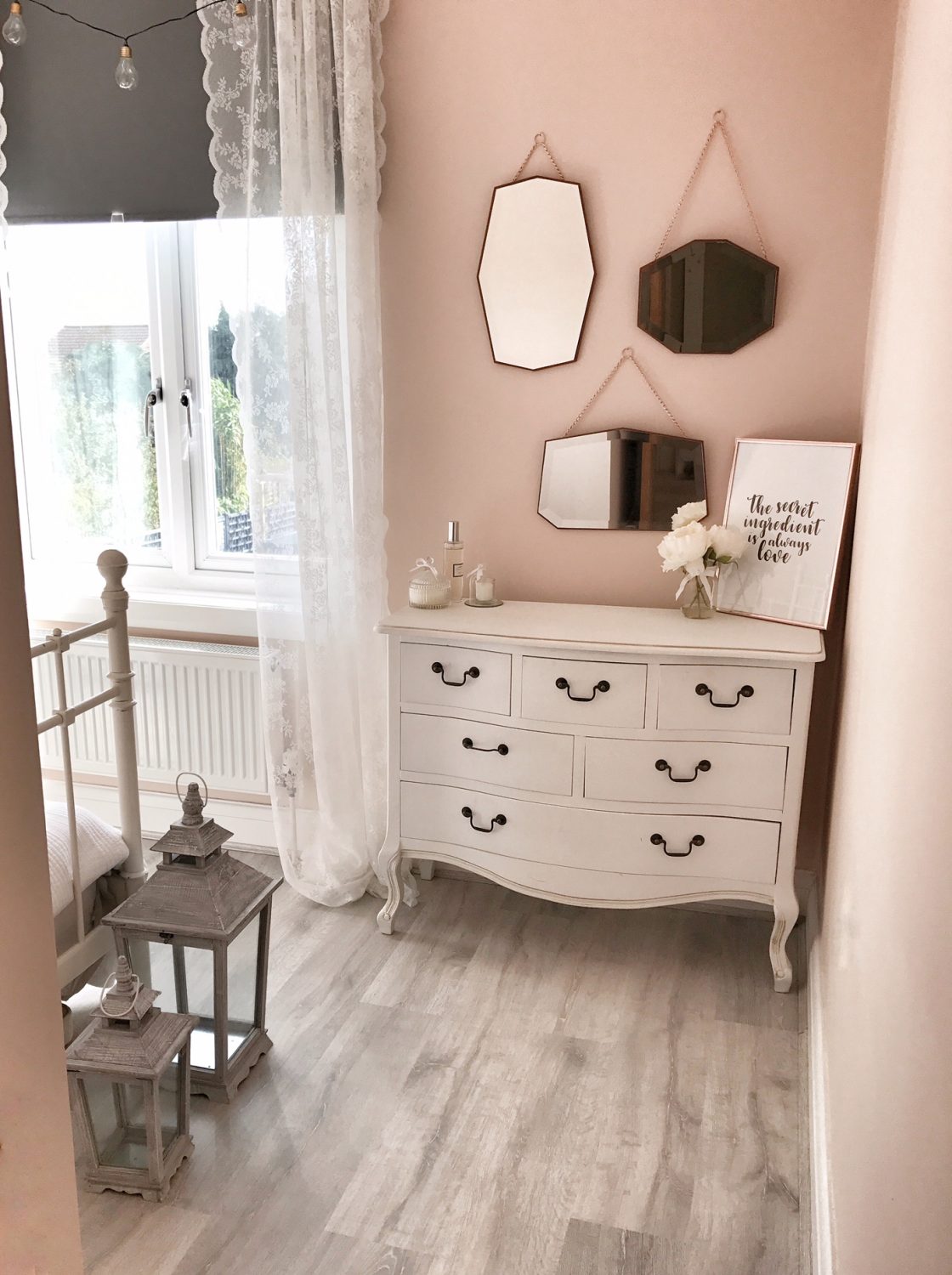
It’s easy to think of your home as your nest, the place where you feel safe and comfortable with your family. So naturally, it can come as a surprise to a lot of people to imagine that their home could be a lot more than what we see. In fact, it can be unsettling to think that your home could also be a source of income, as there’s a common practice in each home, which is to leave work at the door when you come back in the evening. So, the idea of turning your home into a way to generate income seems to be contra-productive when it comes to keeping a healthy work/life balance. There is no need to deny it; making money out of your home doesn’t come without some effort and dedication. However, it doesn’t have to be synonymous with a professional career — although, as you will find out in this article, it can indeed mean a change of career —, sometimes all it takes to make money is to create room for more savings. Are you ready to transform your home sweet home into a money making machine?
#1. Find the best provider for your needs –
Let’s start with the obvious energy bills. Unless you live on another planet, you’ve probably noticed that energy bills have become more and more expensive over the past few years. In fact, earlier this year thousands of UK households face electricity and gas bills rises of almost 30% as a result of fixed price contracts coming to an end. If your electricity provider is EDF, npower, SSE, Scottish Power, or the small Spark and Extra Energy, it’s likely that you’ve experienced a hike of £200 or more already for a year of gas and electricity in an average family household. Let’s be honest, 2017 was not a good year for the wallet management! There is no other way around it: you’ll need to look online for the cheapest electricity provider for your situation. While this might sound like an obvious solution, you’d be surprised how many households refuse to switch providers and end up paying over £500 more in energy bill for a year. When it comes to energy providers, old and new customers are in the same boat. So it’s time to ditch the loyal behaviour and pick a provider with budget-friendly prices.
#2. Be mindful of your consumption –
You may not be able to switch provider, either because you’re stuck in a fixed-term contract or because you can’t find any cheaper offer. But thankfully you can still have a positive impact on your energy bill with some smart energy saving practices. It doesn’t mean that you have to change your entire lifestyle to make room for savings. Instead, you can switch your light bulbs for energy saving bulbs that last up to 12 times longer and reduce your energy cost by up to £78 over the lifetime of the bulb. It might not sound like much, but multiply it by the number of light bulbs you’ve got in the house, and you’ll see that it adds up quickly. Fitting reflector panels behind your radiator can reflect back up to 95% of the heat energy from its rear into the room, talk about staying warm for less in winter!
#3. Start a veg garden –
If you’ve got an unused backyard, you could start your own vegetable garden from scratch. With only a small residential garden, you can grow several kilos of courgettes, carrots and beans to feed an entire family for months. At the end of the year, and if you’re happy preparing your vegs, you might find that your grocery bills have decreased significantly. You can also grow southern plants, such as tomatoes and cucumbers if you can provide a shelter from the wind and the cold that can damage them.
#4. Host foreign students –
Now it’s time to consider ways you can repurpose your stylish home interior into a new source of income. A great way is to offer to host foreign students who come to the UK to learn English. In average you can receive anything from £90 to £200 per week per student, depending on the type of room and if you offer meals in addition. It can also be an enriching experience as you get to discover a new culture and learn a new language if you find nice and friendly students.

#5. Offer Bed & Breakfast rooms –
If you’ve got a lot of empty bedrooms, you can offer BnB arrangements. However, you will need to improve your home to meet the legal requirements, from the Food Standards Agency to emergency lighting. Most guests will expect an en suite bathroom, so you might need to pay a plumber to fit a shower and toilet. Beware though, while BnB can be very profitable, they will cost you a lot more to run if your house is nowhere near touristic locations.
#6. Would you have a cup of tea? –
If you’re a stay-at-home person but still enjoy company, you may consider creating your tea room. It’s what Cheryl Campbell did with her Front Room Cafe in Caerphilly, and she welcomes this surreal and exciting experience of inviting people into her living room to enjoy home-baked treats and a nice brew. You will need to have a big house to make this cosy tea room possible, but it’s an investment worth every penny if you love a good afternoon tea!
#7. Decorate and share your style –
Finally, the UK is a country of bloggers, and you will find a lot of home decor bloggers like myself. Some of them have made a lucrative living out of their passion, sharing their ideas and tips to redecorate their home. While it’s a crowded market, if you’ve got an eye for details and a taste for stylish touches, your home decor can become your main source of income.
So if you were to transform your home into a money making machine, what would be your favourite option? Among the ones mentioned above, it’s difficult not to dream of a great BnB, even though it will probably remain a dream!
Love,

*This is a collaborative post
